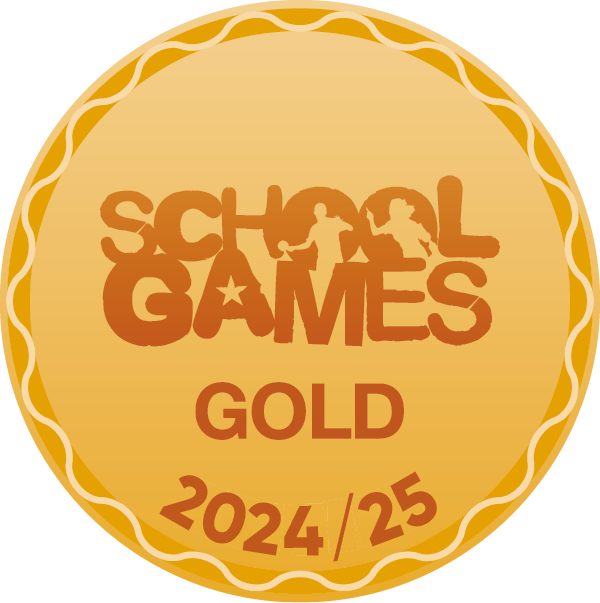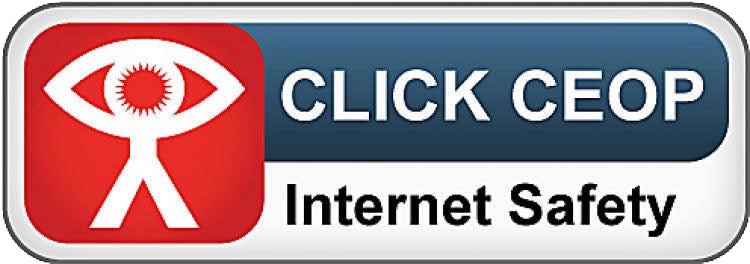Maths
Curriculum Statement
A Mastery Approach + Resilience (x our wings to fly) = Mathematicians who can.
At St. Mark's we want our pupils to become proficient mathematicians who have a broad understanding of what maths is, can confidently apply their knowledge and skills, have a sense of its everyday purpose and believe in their own capabilities.
Our Mathematics curriculum is guided by the programmes of study set out in the 2014 National Curriculum.
We aim for our pupils to be given varied and regular opportunities to practise key skills and procedures so that they can become fluently numerate to the best of their ability. This includes constant reinforcement of times tables, place value, basic number facts and mental and written methods for the four rules.
We also strive to provide them with regular and increasingly complex problems and reasoning opportunities so that they become confident applying their knowledge and understanding to a range of mathematical challenges and across the curriculum.
We recognise and promote mathematics as relevant, enjoyable and valuable.
We aim to limit anxiety, prepare our pupils for high school and support them as life-long learners, by ensuring all pupils are suitably challenged. We believe teaching and learning should has a desirable level of difficulty so that pupils feel a sense of achievement, are able to grow in confidence but also learn that misconceptions and questions can aid their understanding.
We want our pupils to grow in confidence as they develop the skills and knowledge needed to become capable mathematicians and apply mathematics across the curriculum.
Intent
We believe that maths is for everyone; we want our pupils to understand that maths is part of everyday life and therefore important and relevant to them and their future. We want our pupils to be confident and articulate mathematicians who can find enjoyment in identifying patterns and working mathematically in their world.
Implementation
Children study mathematics daily covering a broad and balanced mathematical curriculum with number at its heart. Due to the interconnected nature of mathematics, we aim to make cross-curricular links as well as discretely to teach the practical application of mathematical skills. Teachers plan a range of opportunities to use maths inside and outside school. We focus on the mathematical methods and also on using precise mathematical vocabulary. We also want pupils to have a Growth Mindset ‘can do’ attitude, by being resilient, determined in the face of a challenge, cooperative, creative and most importantly, having a positive attitude to making mistakes and seeking solutions.
We ensure a depth of coverage within each year group’s objectives enabling each child to be confident and develop their ability to use their knowledge to develop a deep knowledge and understanding to solve varied fluency problems as well as problem solving and reasoning questions.
EYFS
In Early Years, Mathematics involves providing children with opportunities to develop and improve their skills in counting, understanding and using numbers, calculating simple addition and subtraction problems; and to describe shapes, spaces, and measure.
Pupils are taught to:
Number
- count reliably with numbers from 1 to 20
- place them in order and say which number is one more or one less than a given number
- add and subtract two single-digit numbers and count on or back to find the answer using quantities and objects
- solve problems, including doubling, halving and sharing
Shape, space and measure
- use everyday language to talk about size, weight, capacity, position, distance, time and money to compare quantities and objects and to solve problems
- recognise, create and describe patterns
- explore characteristics of everyday objects and shapes
- use mathematical language to describe them.
Key Stage 1
The principal focus of mathematics teaching in key stage 1 is to ensure that pupils develop confidence and mental fluency with whole numbers, counting and place value. This involves working with numerals, words and the four operations, including with practical resources [for example, concrete objects and measuring tools].
At this stage, pupils develop their ability to recognise, describe, draw, compare and sort different shapes and use the related vocabulary. Teaching involves using a range of measures to describe and compare different quantities such as length, mass, capacity/volume, time and money. Children apply these skills practically and across a range of subjects.
Throughout KS1, pupils learn the number bonds to 20 and become precise in using and understanding place value. An emphasis on practice at this early stage aids fluency.
Pupils learn to read and spell mathematical vocabulary, at a level consistent with their increasing word reading and spelling knowledge at key stage 1. We support this through the use of Stem sentences and Generalisations.
Lower Key Stage 2
The principal focus of mathematics teaching in lower key stage 2 is to ensure that pupils become increasingly fluent with whole numbers and the four operations, including number facts and the concept of place value. This ensures that pupils develop efficient written and mental methods and perform calculations accurately with increasingly large whole numbers.
At this stage, pupils develop their ability to solve a range of problems, including with simple fractions and decimal place value. Teaching ensures that pupils draw with increasing accuracy and develop mathematical reasoning so they can analyse shapes and their properties, and confidently describe the relationships between them. Children learn to use measuring instruments with accuracy and make connections between measure and number. Children apply these skills practically and across a range of subjects.
By the end of year 4, pupils should have memorised their multiplication tables up to and including the 12-multiplication table and show precision and fluency in their work. We support children to achieve this by daily fluency tasks and all children are signed up to the online platform Times Tables Rock Stars.
Pupils continue to read and spell mathematical vocabulary correctly and confidently, using their growing word reading knowledge and their knowledge of spelling.
Upper Key Stage 2
The principal focus of mathematics teaching in upper key stage 2 is to ensure that pupils extend their understanding of the number system and place value to include larger integers. This develops the connections that pupils make between multiplication and division with fractions, decimals, percentages and ratio.
At this stage, pupils develop their ability to solve a wider range of problems, including increasingly complex properties of numbers and arithmetic, and problems demanding efficient written and mental methods of calculation. With this foundation in arithmetic, pupils are introduced to the language of algebra as a means for solving a variety of problems. Teaching in geometry and measures consolidates and extends knowledge developed in number. Teaching ensures that pupils classify shapes with increasingly complex geometric properties and that they learn the vocabulary they need to describe them. Children apply these skills practically and across a range of subjects.
Impact
By the end of Year 6, transitioning to secondary school, we aspire that a St. Mark's mathematician will have developed a bank of efficient and accurate skills that can be used to calculate effectively. These will have been underpinned by the C-P-A process so children understand rather than just do, which ultimately will allow children to identify when answers do not make mathematical sense. Children will be able to apply these calculation skills and understanding of other areas to become confident and resilient problem-solvers with the ability to reason and articulate their ideas mathematically. Due to the embedding of fact sentences, children will have the language to be able to justify, reason and explain their answers.

 St Mark's
St Mark's

